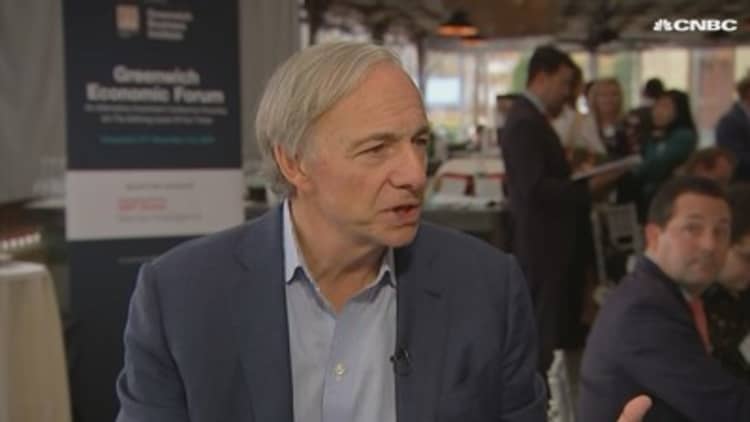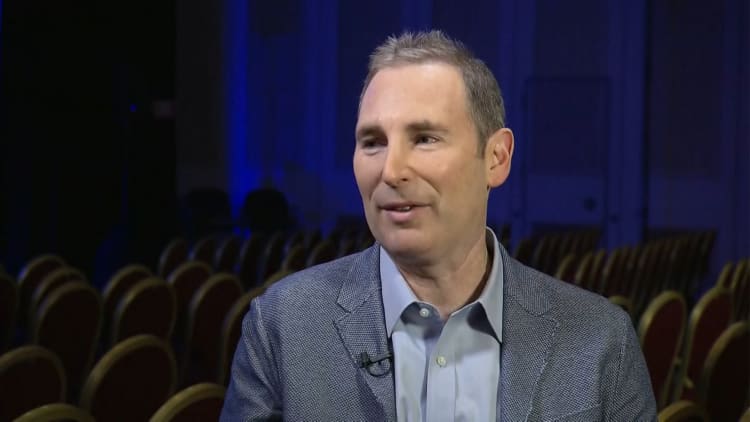If you enter "relentless.com" into your web browser, you might be surprised to see it takes you to Amazon.
That's because CEO Jeff Bezos almost named his company "Relentless," according to a 2014 New Yorker profile of Bezos.
But even though Bezos chose a friendlier name for the company, the "relentless" strategy has guided Amazon over the years as it's evolved from an online bookseller to an e-commerce giant to the leader in cloud computing.
And, if need be, Amazon has a history of relentlessly snuffing out competitors and playing hardball wherever possible.
Here's the latest example: On Sunday, Amazon informed third-party sellers that they could no longer use FedEx Ground for shipping items to Prime customers. When the news got out Monday in The Wall Street Journal, FedEx's stock fell nearly 2% before recovering slightly to end down about 1%, and the delivery services company was forced to criticize the move.
"While this decision affects a very small number of shippers, it limits the options for those small businesses on some of the highest demand shipping days in history, and may compromise their ability to meet customer demands and manage their businesses," a FedEx spokesperson said in a statement to CNBC on Monday.
Amazon has been steadily building out its own delivery network as it seeks to wean itself off of third parties like FedEx, UPS or the U.S. Postal Service. Bloomberg reported Tuesday that Dave Clark, the Amazon executive in charge of logistics, decided to cut out FedEx Ground because it wasn't performing up to Amazon's standards. And even though the block on FedEx Ground is temporary during the holiday rush, the decision was made at the height of the shopping season.
And it doesn't hurt that Amazon was able to stick it to its future shipping and logistics competitor, showing FedEx it can swing the stock whenever it wants.
You see? Relentless.

Another recent example: Amazon this month cut Roku's ad tech company, Dataxu, out of its third-party ad sales for FireTV devices, Ad Exchanger first reported. The move came shortly after Roku completed its acquisition of Dataxu, and can be viewed as another poke in the eye of a growing competitor as Roku and Amazon battle it out to gain market share in streaming TV gadgets.
Again, relentless.
And over the weekend, The New York Times published a lengthy feature showing how relentless Amazon Web Services can be when it comes to cloud computing. The story details how AWS has borrowed features and tools from the open-source software community to boost its own massively profitable product, likely at the expense of smaller start-ups.
Brutally relentless.
Those are just the examples from the past couple weeks or so. But you can go back two decades and chart Amazon's "relentless" strategy as it continues its evolution from an online store to the digital backbone of the country's infrastructure. And it's not going to stop.
As Bezos likes to say, it's still "Day One" for Amazon. And the company's relentless moves keep hurtling it forward as it grows bigger and bigger.



